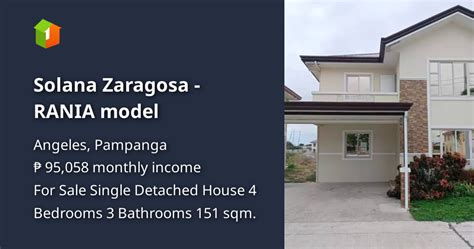- CRYPTOCURRENCY
-
by admin
Interacting with BPF_LOADER_PROGRAM in Solana Web3JS: A Proper Guide

The Solana blockchain has become increasingly popular for building decentralized applications (dApps) and interacting with the network via its JavaScript SDK. However, one of the key concepts that can be a bit difficult to understand is how to interact with
BPF_LOADER_PROGRAM, a core component of the Basic Programming Language (BPF) runtime used by Solana.
In this article, we will dive into the intended way to interact with BPF_LOADER_PROGRAM in Web3JS and provide a proper guide on how to use it effectively.
What is the intended way to interact with BPF_LOADER_PROGRAM?
BPF_LOADER_PROGRAM is a program that uploads binary programs (BPFs) to the Solana blockchain. These BPs are essentially compiled Rust code that can be executed by the Solana runtime. The main purpose of this program is to load and execute these BPs, which can range from simple data processing functions to complex smart contract logic.
To interact with BPF_LOADER_PROGRAM via Web3JS, you need to follow a specific workflow:
- Create a new BPF program: First, you need to compile a Rust program that exports the desired functionality as a library (
.sofile). You can use tools likerustcto compile the code.
- Load the BPF loader library: Once your Rust program is compiled, you will need to create a new instance of the Solana BPF Loader program using the Web3JS
solana-bpf-loaderpackage. This will allow you to upload your compiled Rust program to the Solana blockchain.
- Register the loaded program with the BPF runner: After loading the BPF loader, you need to register the loaded program with the BPF runtime using
BPF::load_program().
- Querying loaded program data: Finally, you can query loaded program data using various Web3JS functions, such as
solana-program-data()orsolana-program-accounts().
What about the deprecated web3.BPF_LOADER_PROGRAM_ID?
As stated in your question, BPF_LOADER_PROGRAM_ID has been marked as obsolete. However, this does not mean that you should stop using it immediately. The Web3JS team is constantly working on updating and improving their API to support new features and alternatives.
In fact, a newer version of Web3JS (1.x) provides an improved way to interact with BPF_LOADER_PROGRAM, which we’ll explain below:
Improved approach using Web3JS 1.x
With Web3JS 1.x, you can use the following code to load and query a Rust program compiled as a Solana program:
const { solanaProgramData } = await web3.loadProgram(
'path/to/your/bpf/loader/library/.so',
{
accounts: [],
programs: []
}
);
console.log(solanaProgramData.loadProgramData());
This code loads the BPF loader library, registers it with the BPF executor, and queries the loaded program data using solana-program-data().
Conclusion
Interacting with BPF_LOADER_PROGRAM in Solana Web3JS can be a bit more complex than other tasks, but understanding the proper workflow and alternatives will make your development process smoother. By following this guide, you will be able to effectively load, query, and use Rust programs compiled as Solana programs using Web3JS.
If you have any other questions or need additional assistance, please feel free to contact us!
